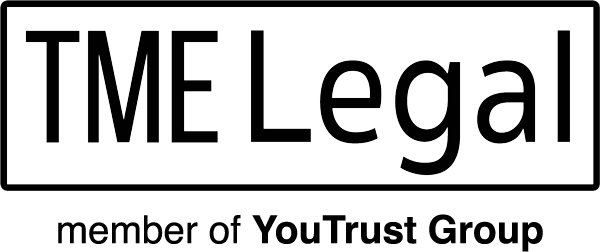New Legal Framework for the Regulation of Pharmaceutical Products in the UAE
I. Key Objectives and Scope
The law seeks to consolidate federal regulations governing medical products and pharmaceutical establishments, facilitating the transition of responsibilities to the newly established Emirates Drug Establishment (EDE). Its scope encompasses a wide range of products, including pharmaceuticals, medical devices, healthcare products, biological products, dietary supplements, cosmetics, and genetically modified organisms for medical use. Additionally, it regulates various entities such as pharmacies, compounding pharmacies, research organizations, bioequivalence centers, pharmaceutical laboratories, manufacturing and marketing firms, consulting offices, medical warehouses, and biobanks.
II. Emirates Drug Establishment (EDE)
Established on September 29, 2023, the EDE serves as the central federal authority responsible for regulating all medical and pharmaceutical products in the UAE. Its mandate includes overseeing the development, approval, manufacturing, marketing, and distribution of medical products, as well as ensuring supply chain security. The EDE collaborates with international regulatory bodies to harmonize standards and promote innovation within the UAE’s healthcare ecosystem.
III. Regulatory Enhancements
The decree-law introduces several regulatory advancements:
1. Marketing Authorization: It streamlines the process for obtaining marketing authorizations, including provisions for exclusive, conditional, and emergency use authorizations. A fast-track pathway is established for innovative medical products of significant therapeutic importance.
2. Intellectual Property Protection: The law defines regulatory data protection periods for innovative medical products, safeguarding proprietary information and encouraging investment in pharmaceutical research and development.
3. Pharmacovigilance: Enhanced procedures are outlined to monitor the safety and efficacy of medical products, aiming to minimize adverse effects and ensure public health.
4. Strategic Medical Inventory: A national policy is established to maintain a strategic reserve of medical products, ensuring readiness for public health emergencies.
IV. Licensing and Compliance
The law delineates clear guidelines for licensing pharmaceutical establishments and professionals, covering aspects such as ownership transfers and operational oversight. Entities are granted a one-year grace period from the effective date to align with the new regulations, subject to extension by Cabinet decision.
V. Enforcement and Penalties
To uphold compliance, the legislation imposes stringent penalties for violations, including fines up to AED 1 million for establishments and AED 500,000 for practitioners. Disciplinary actions may also involve temporary suspension, precautionary closure, or license revocation.
VI. Conclusion
Federal Decree-Law No. 38 of 2024 represents a significant milestone in the UAE’s efforts to modernize its pharmaceutical regulatory framework. By fostering innovation, ensuring rigorous oversight, and enhancing supply chain security, the law aims to elevate the UAE’s status as a trusted global center for pharmaceutical and medical excellence.




